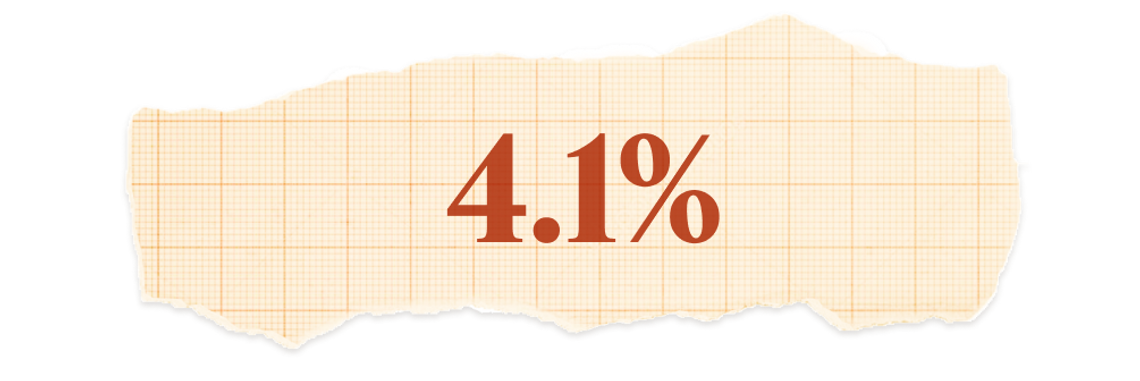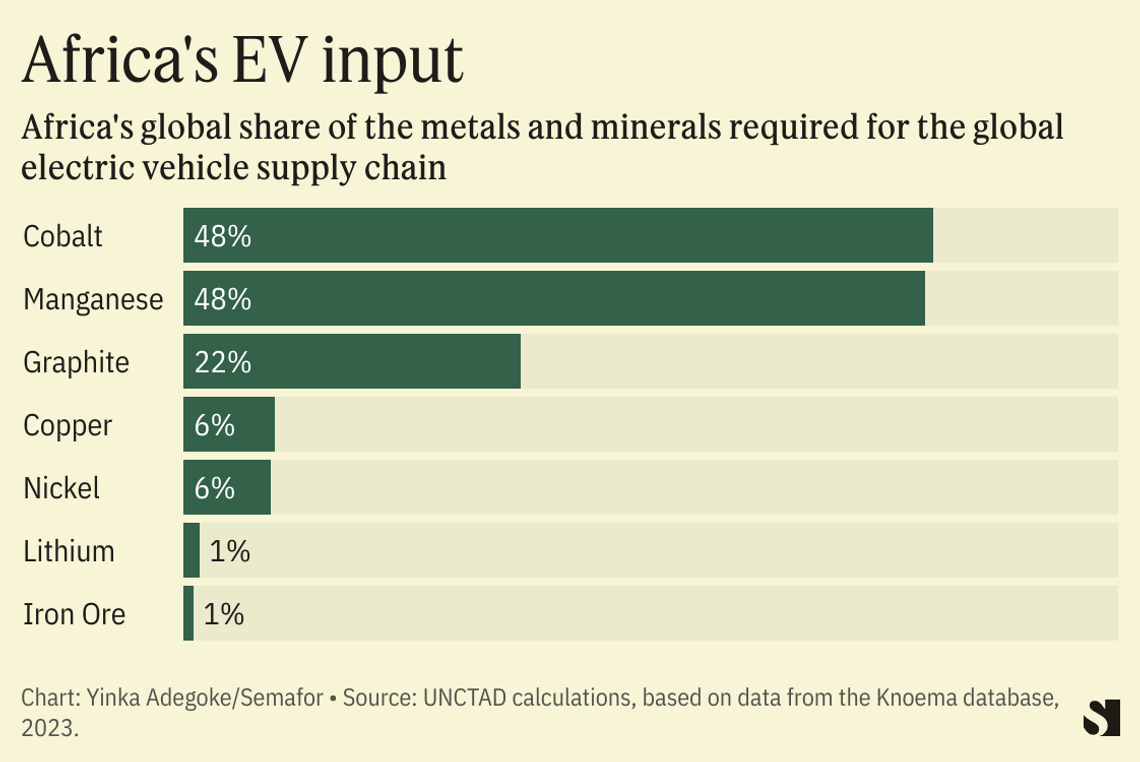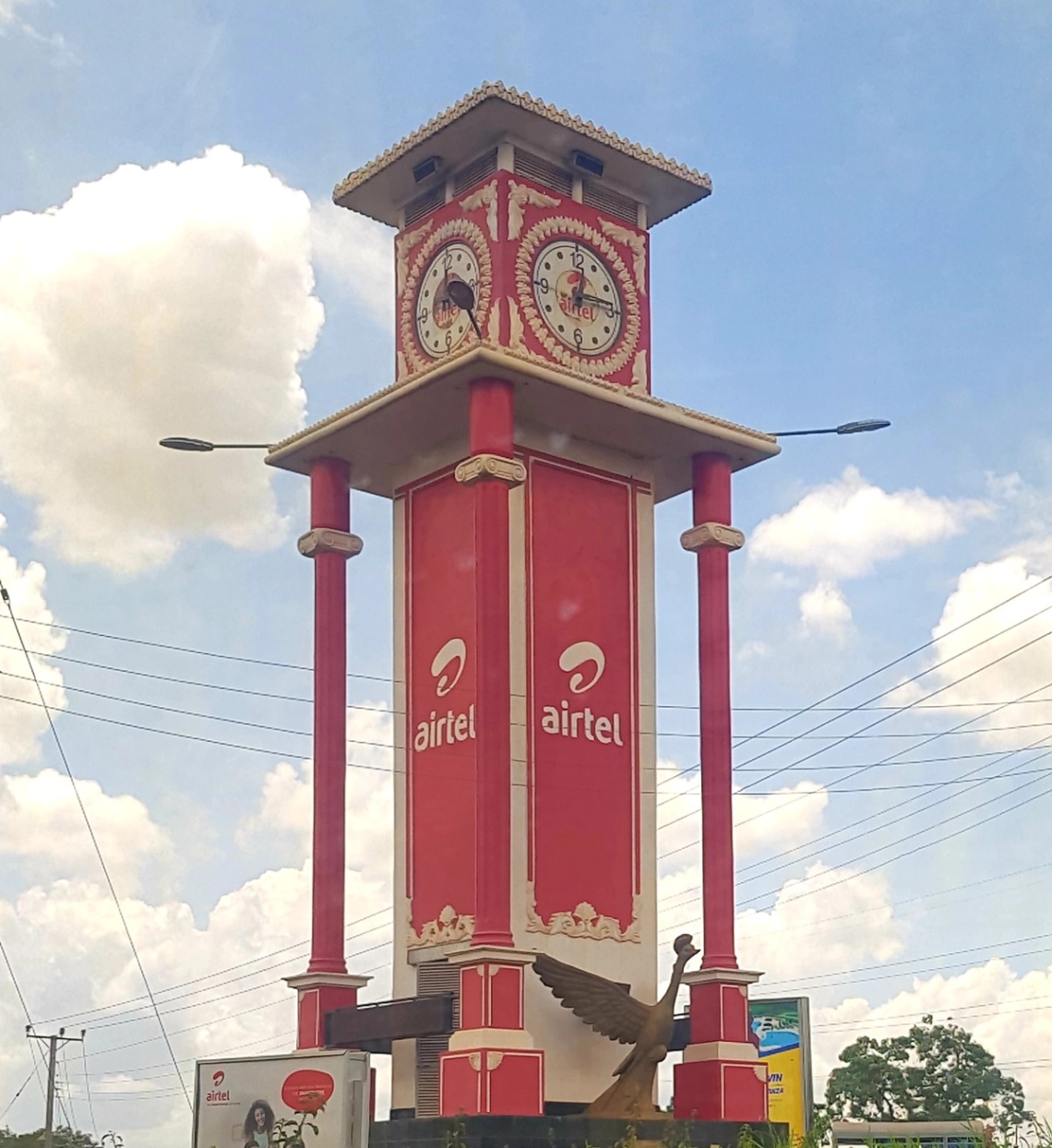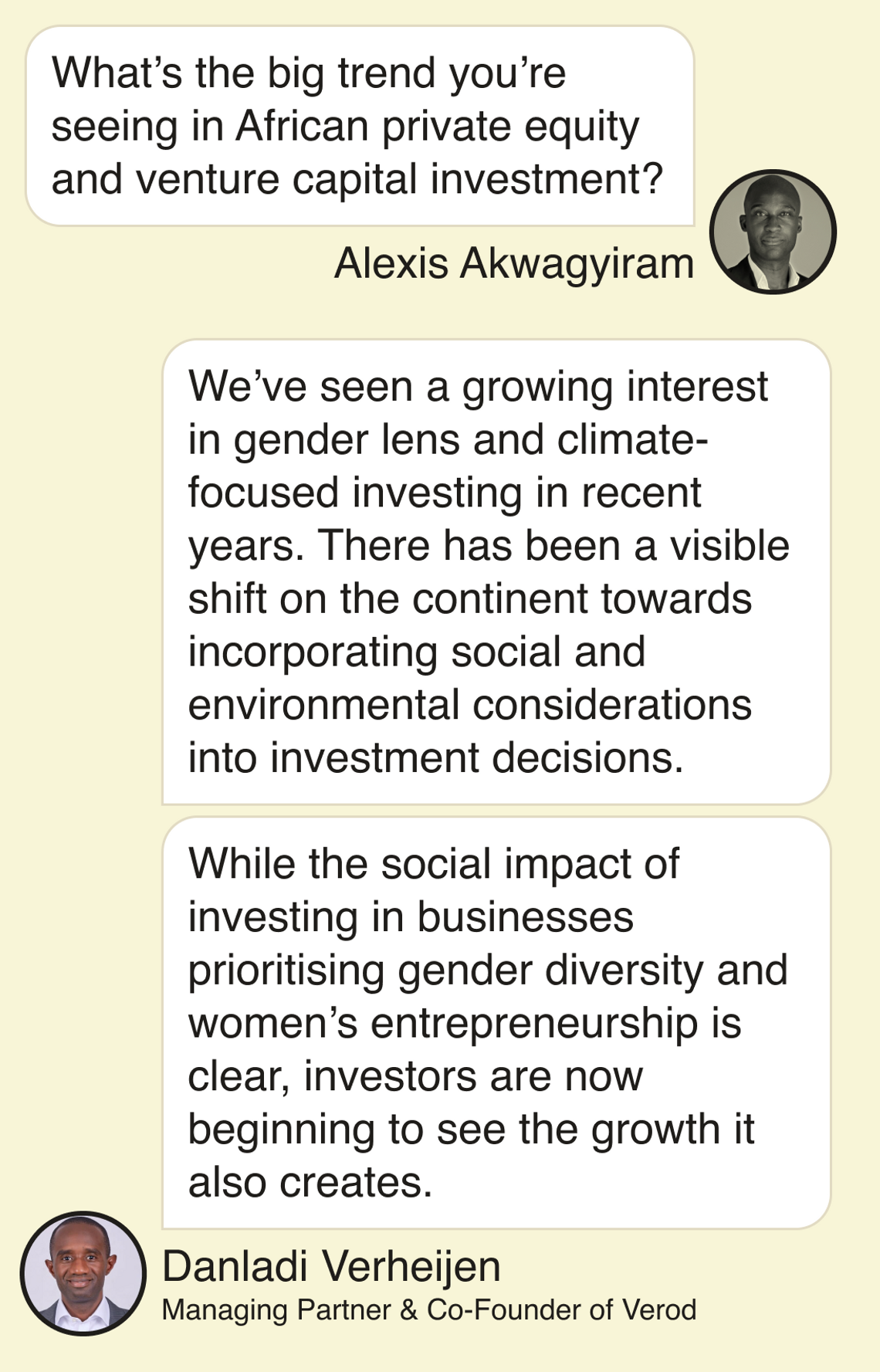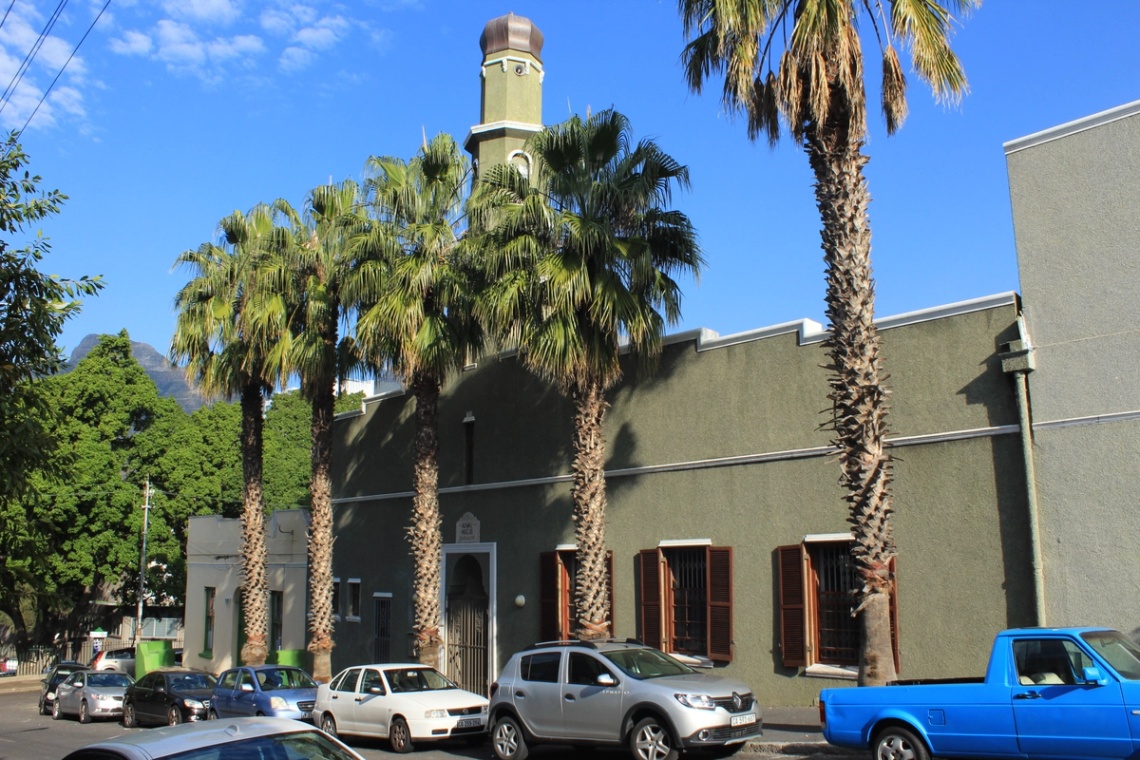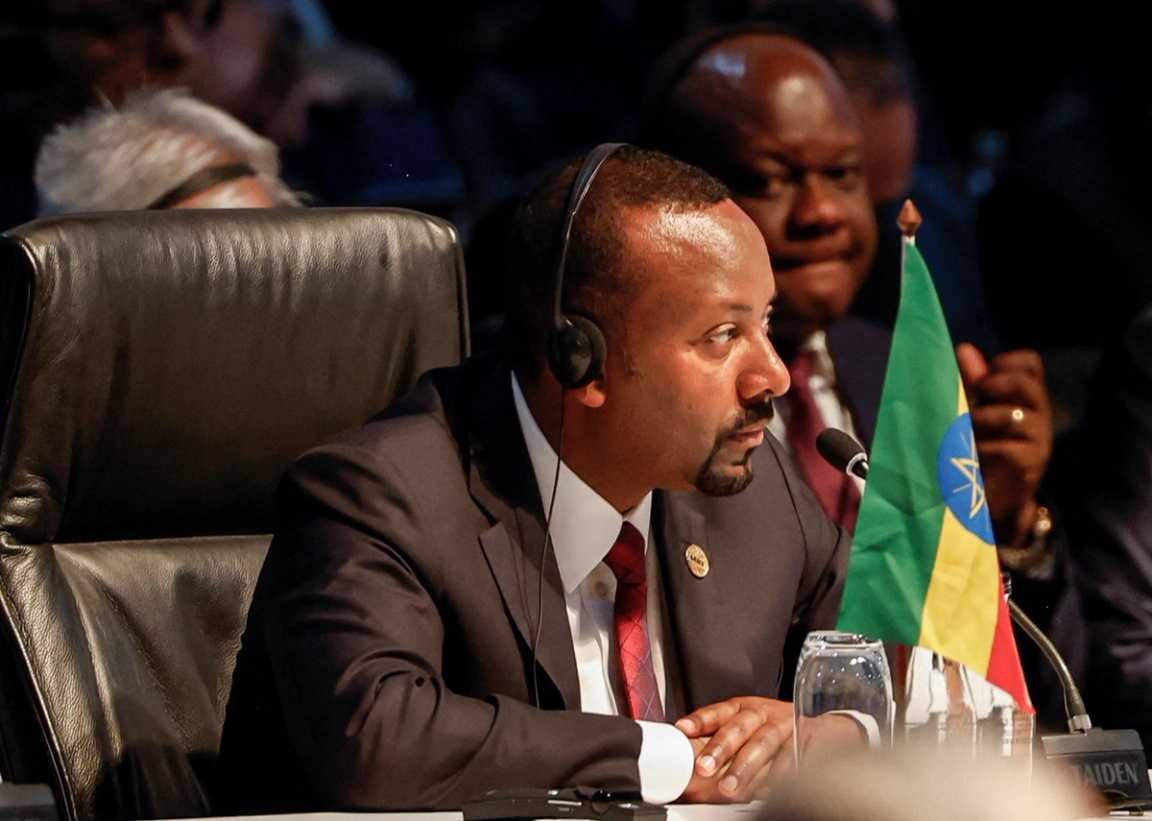 Marco Longari/Pool via Reuters Marco Longari/Pool via ReutersWith two new African members in Ethiopia and Egypt, the 15th edition of the BRICS, hosted by South Africa, has been seen in some quarters as a success for the African continent. Africa could claim to have notable representation with three members of what will now be an 11-country membership alongside Brazil, Russia, India, China, Iran, the United Arab Emirates, Argentina, and Saudi Arabia. In Ethiopia there was an air of hope and optimism after the unexpected news. It is seen as a big win for Prime Minister Abiy Ahmed’s government, which has been struggling to revive its economy after a devastating two-year long civil war — and a new ongoing conflict in a key region. It is by far the smallest economy in the expanded group. Ethiopian authorities believe joining BRICS will help them influence reform of the flawed global financial system, which tends to favor the Global North, particularly rich Western nations. In recent years, Ethiopia has started to align its national interests with nations such as China and Russia as opposed to Western countries that have been losing influence in the Horn of Africa nation. There’s been a long-held belief in Ethiopian government circles that Western financing comes with strings attached and a series of requirements that do not consider the status of developing countries like Ethiopia. Instead, there has been a preference for China’s once generous but at times risky loan arrangements that has been the hallmark of Beijing’s engagement within Africa. Ethiopia is the second-largest African holder of Chinese debt. Given China’s own current economic uncertainty and a change in approach in recent years, it’s unlikely it will be doling out large low interest loans or grants anytime soon. But membership of BRICS will have benefits. “The greatest upside for Ethiopia would come from a BRICS that moves aggressively and decisively to act as a cohesive unit”, Sam Rosmarin, an Addis Ababa based, American investment executive told Semafor Africa. “BRICS could facilitate internal trade through currency swaps and act as a counterweight to the prevailing US-EU economic order” he added. — Samuel Getachew in Addis Ababa | 

